The Fine Print: Top 5 Exclusions That Void a Cadillac Warranty Claim
Unauthorized Aftermarket Modifications and Tuning
One of the quickest ways to wave goodbye to your warranty coverage is by making unauthorized modifications to your Cadillac. While customizing your ride can be appealing, installing aftermarket parts that aren't approved by Cadillac, or performing engine tuning (often referred to as 'chipping' or 'flashing' the ECU) can severely impact your warranty. Cadillac engineers design and test every component to work in harmony. Introducing non-OEM parts, especially those affecting the powertrain, suspension, or electrical systems, can disrupt this balance and lead to premature wear or failure.
For instance, if you install an aftermarket exhaust system that causes excessive back pressure and leads to catalytic converter failure, Cadillac may deny a warranty claim for that component. Similarly, an engine tune that increases horsepower beyond factory specifications can put undue stress on engine components, potentially voiding coverage for engine and transmission related issues. It's not just about the modified part; if the modification indirectly causes a failure in an otherwise stock component, that claim could also be denied. Always consult with your authorized Cadillac dealer before making any significant modifications to understand the potential impact on your warranty.
Neglect and Failure to Follow Recommended Maintenance Schedules
Your Cadillac's owner's manual isn't just a thick book to keep in the glove compartment; it's a vital guide to maintaining your vehicle's health and preserving its warranty. Failing to adhere to the recommended maintenance schedule is a common pitfall. Regular oil changes, tire rotations, fluid checks, filter replacements, and scheduled inspections are not merely suggestions; they are critical for your Cadillac's longevity and performance. Skipping these essential services can lead to accelerated wear and tear on components that are otherwise designed to last much longer.
For example, neglecting timely oil changes can lead to engine sludge buildup, decreased lubrication, and eventual engine damage. If your engine fails due to documented lack of maintenance, Cadillac will likely deny a warranty claim, arguing that the failure was a result of owner neglect rather than a manufacturing defect. Always keep detailed records of all your maintenance, preferably performed by an authorized Cadillac service center, to prove that your vehicle has been properly cared for. This documentation is your best defense should a warranty claim ever be disputed.
Misuse, Abuse, Racing, or Overloading the Vehicle
Cadillacs are built for luxury, performance, and comfortable daily driving, but they are not typically designed for competitive racing, extreme off-roading (unless specified, and even then, abuse is excluded), or excessive overloading. Engaging in such activities constitutes 'misuse' or 'abuse' under the terms of most manufacturer warranties. The intense stresses placed on the engine, transmission, suspension, brakes, and other critical components during these activities far exceed normal operating conditions and can lead to premature failure.
If your Cadillac's service history or vehicle diagnostics indicate that it has been subjected to competitive driving, frequent redlining, extreme towing beyond its capacity, or has been consistently overloaded with cargo or passengers, any resulting damage may not be covered. Even cosmetic damage or accelerated wear to components like tires and brakes, if linked to such abuse, could fall outside warranty coverage. Your Cadillac is a sophisticated machine; treat it with the respect it deserves, and it will serve you well for years to come without jeopardizing your warranty.
Environmental Damage, Accidents, and External Factors
It's important to remember that your Cadillac's manufacturer warranty primarily covers defects in materials or workmanship. It does not act as an insurance policy for damage caused by external events. This means that if your vehicle sustains damage due to an accident, natural disasters like floods, hail, or fire, or even acts of vandalism or theft, these issues will not be covered under your factory warranty. Similarly, damage resulting from road hazards, such as hitting a large pothole that bends a wheel or damages a suspension component, typically falls outside the scope of warranty coverage.
While these situations are incredibly frustrating, they are generally the responsibility of your comprehensive or collision auto insurance policy, not the manufacturer. Cadillac's warranty protects against issues that originate from the factory, ensuring that the parts and assembly meet their high standards. External forces, no matter how unfortunate, are considered beyond the manufacturer's control. Always ensure your insurance coverage is robust enough to protect against these unpredictable events.
Using Non-Approved Fluids, Fuels, or Replacement Parts
Just as important as adhering to maintenance schedules is using the correct consumables for your Cadillac. Your owner's manual specifies the exact types of engine oil, coolant, brake fluid, transmission fluid, and even the octane level for fuel that your vehicle requires. Using fluids that do not meet these specifications can lead to severe damage and void your warranty. For instance, putting conventional oil in an engine designed for synthetic, or using an incorrect coolant type, can lead to premature wear or system failures.
The same principle applies to replacement parts. While there might be cheaper, generic alternatives on the market, using non-genuine or non-OEM (Original Equipment Manufacturer) parts can compromise the integrity and performance of your Cadillac. These parts may not fit correctly, may be made of inferior materials, or may simply not function as intended, leading to further issues. If a problem arises and it's determined that non-approved fluids or parts were the root cause, Cadillac may deny the warranty claim. Always opt for genuine Cadillac parts and fluids, or those explicitly recommended by the manufacturer, to ensure optimal performance and maintain your warranty.
Conclusion
Understanding the fine print of your Cadillac warranty is an essential part of responsible luxury car ownership. By avoiding these top five exclusions—unauthorized modifications, neglect of maintenance, vehicle abuse, external damage, and the use of non-approved consumables—you can significantly increase the chances of your warranty claims being approved. Your Cadillac is a masterpiece of engineering, designed to offer unparalleled comfort and performance. Protecting its warranty means protecting your investment and ensuring you continue to enjoy a premium driving experience for years to come. When in doubt, always consult your owner's manual or an authorized Cadillac dealership. Drive smart, drive protected!Where can I find my VIN?

Related Topics
- Ford Protect Extended Warranty Tier List: PremiumCARE vs. ExtraCARE vs. BaseCARE—Which is Right for Your Wallet?
- Ford EV and Hybrid Warranty: Is Your Battery Covered for the Long Haul?
- Power Stroke Protection: The 5-Year/100,000-Mile Ford Diesel Engine Warranty Decoded
- New Ford Owner's Guide: Understanding Your Warranty – 3/36 Bumper-to-Bumper vs. 5/60 Powertrain

